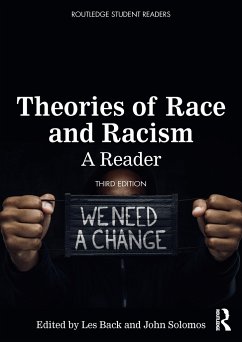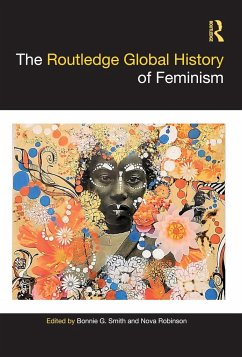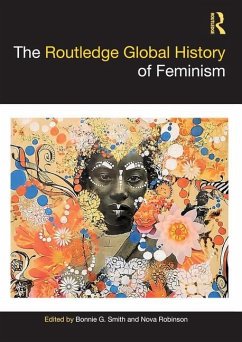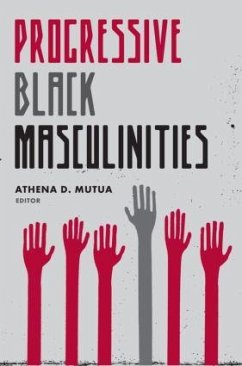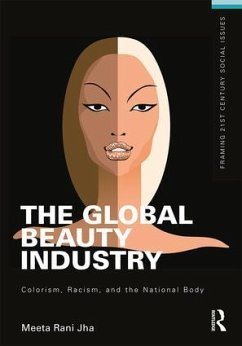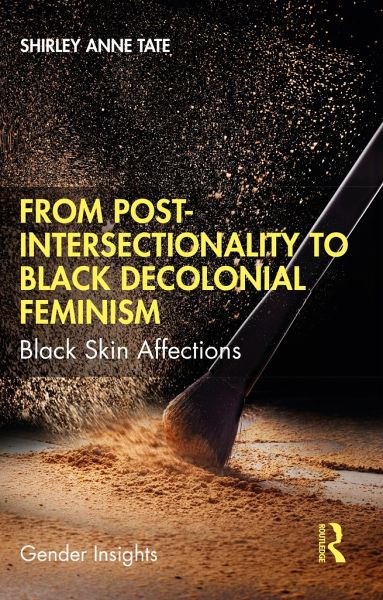
From Post-Intersectionality to Black Decolonial Feminism
Black Skin Affections

PAYBACK Punkte
16 °P sammeln!
In this accessible and yet challenging work, Shirley Anne Tate engages with race and gender intersectionality, connecting through to affect theory, to develop a Black decolonial feminist analysis of global anti-Blackness.Through the focus on skin, Tate provides a groundwork of historical context and theoretical framing to engage more contemporary examples of racist constructions of Blackness and Black bodies. Examining the history of intersectionality including its present 'post-intersectionality', the book continues intersectionality's racialized gender critique by developing a Black decoloni...
In this accessible and yet challenging work, Shirley Anne Tate engages with race and gender intersectionality, connecting through to affect theory, to develop a Black decolonial feminist analysis of global anti-Blackness.
Through the focus on skin, Tate provides a groundwork of historical context and theoretical framing to engage more contemporary examples of racist constructions of Blackness and Black bodies. Examining the history of intersectionality including its present 'post-intersectionality', the book continues intersectionality's racialized gender critique by developing a Black decolonial feminist approach to cultural readings of Black skin's consumption, racism within 'body beauty institutions' (e.g. modelling, advertising, beauty pageants) and cultural representations, as well as the affects which keep anti-Blackness in play.
This book is suitable for undergraduate and postgraduate students in gender studies, sociology and media studies.
Through the focus on skin, Tate provides a groundwork of historical context and theoretical framing to engage more contemporary examples of racist constructions of Blackness and Black bodies. Examining the history of intersectionality including its present 'post-intersectionality', the book continues intersectionality's racialized gender critique by developing a Black decolonial feminist approach to cultural readings of Black skin's consumption, racism within 'body beauty institutions' (e.g. modelling, advertising, beauty pageants) and cultural representations, as well as the affects which keep anti-Blackness in play.
This book is suitable for undergraduate and postgraduate students in gender studies, sociology and media studies.






